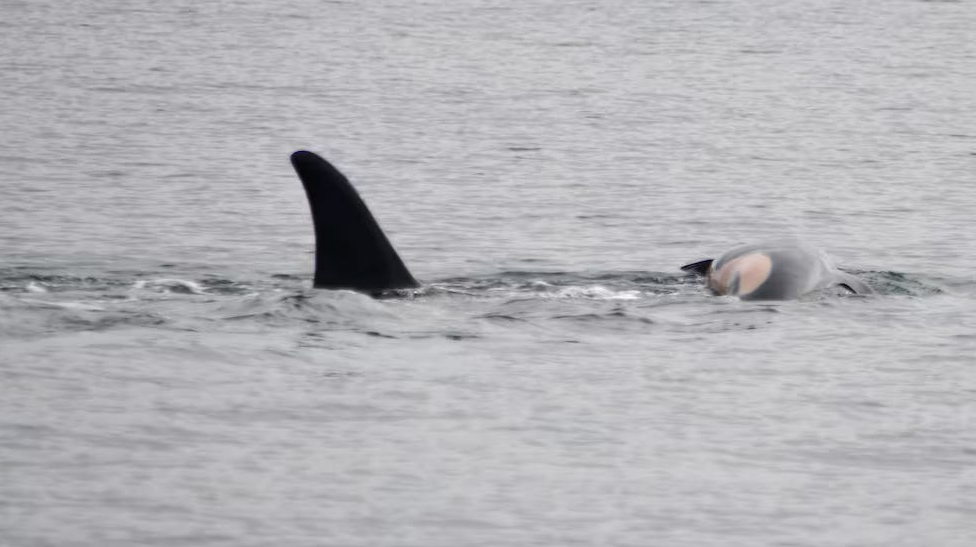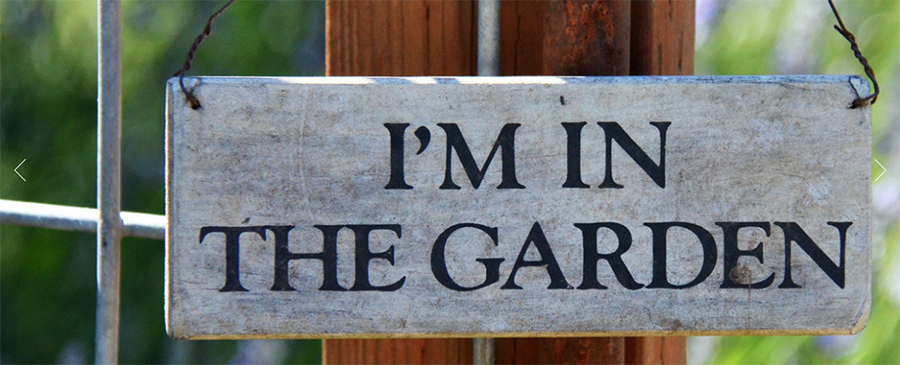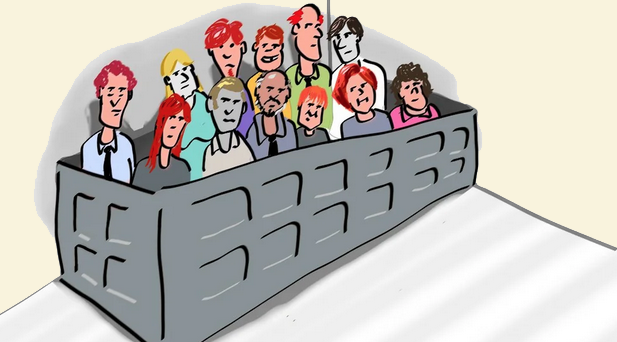||| FROM THE CLIMATE ACCORDING TO LIFE |||
Imagine a mother losing her infant daughter after birth and being so overwhelmed with grief she carries her daughter’s lifeless body with her wherever she goes. This happened here, in waters we call the Salish Sea. The mother is an Orca whale named Tahlequah, who on July 24, 2018 gave birth to a female calf. The calf only lived a few hours though, succumbing to malnutrition. The Orca here are starving. The once mighty Chinook, Kings of the salmon, are dwindling, their spawning grounds cut off by dams. Tahlequah couldn’t let her calf go, and began to carry the the emaciated body on her nostrum through the waves, diving down to fetch her when she slid off, with fellow pod-members taking turns carrying the calf to give Tahlequah rest. It went on for 17 days across 1,000 sea miles. It became known as the Tour of Grief.
Now it’s happened again.
On January 1, Tahlequah was seen carrying another malnourished calf. It was a devastating turn of events. Hopes rose when it was reported earlier that she had given birth to a female calf. But once again, the calf succumbed to starvation. When Tahlequah was spotted ten days later still carrying her calf, it was clear she was undergoing another tour of grief. That was the last sighting of her and her pod. They had entered the wider water of the straight of Juan de Fuca, and were headed west. No one knows if she still carries her calf or not. For the sake of her health, we have to hope not.
What makes the second grief-tour so heartbreaking is how little the world seems to be noticing this time. In 2018, her ordeal drew wide international attention, with schoolchildren in Japan writing her letters. Locally, she drew the people into a single held breath of concern and empathy. The governor convened an Orca Task Force. Massive public meetings were held.
This time, however, people seem to hardly notice. It’s as though she’s shrouded behind some sort of fog, though the fog seems to be in us. We seem overstretched, vaguely bewildered. Amidst the tragic fire-drama searing Los Angeles, the passing of a former president, and the drama of an incoming administration, Tahlequah’s ordeal has been lost in the swirl. I worry not only that we’re not paying attention, but that we are somehow less able to.
I’ve seen it in myself. When I learned on January 1st that Tahlequah was again carrying a dead calf through the waters, I was busy researching the 2023 global heat anomaly, which climate models had failed to anticipate. I suspected land degradation as a likely cause, yet noticed no mention of it in any of the reporting, and wanted to get to the bottom of why. Ten days later, when I learned she was still carrying her calf, my attention had shifted to the fires in LA, where again, the role of land and water-cycle degradation was not being discussed. I began researching the history of the land, how when tended by the original Tongva people it was a much wetter place, with salt marshes, oak forests, freshwater wetlands, lakes and flower fields. With so much attention on the fires, it seemed especially urgent to finish the piece and get it posted.
Now I realize I too was distracted. It doesn’t matter the reason. And I agree with the indigenous Lummi, who say Tahlequah isn’t only grieving, she is calling out to us. She is highly intelligent and shows us her dead calf with full awareness of what the gesture means. It is unlikely, however, that she has another such tour of grief inside her. I’m guessing this is her last call. Suddenly all I want is to hear it, as deeply as I possibly can.
So today I’m stopping. All my attention is turned west, where she and her pod were last seen, cruising in search of salmon, unable to replenish their ranks, still glorious in their procession, yet swimming into ghosts. Yes, there is much work to do, and nothing is more worth doing than trying to save this place. But if in my rushed, dogged efforts I became distracted from Tahlequah’s call, then I need to ask what I’m doing. I sometimes think the thing we most need to do is to simply stop like this, to stand silenced by the enormity of what we have done and are still doing.
Of course, there is no way to organize such experience. It can only happen one person at a time, and it can’t be forced. Today I’ll listen. I’ll let the waters of my body, not my mind, scan for signal. And if all I accomplish is to go down to the water and weep, that’s fine. Maybe a heart needs to break in order to wake.
**If you are reading theOrcasonian for free, thank your fellow islanders. If you would like to support theOrcasonian CLICK HERE to set your modestly-priced, voluntary subscription. Otherwise, no worries; we’re happy to share with you.**








What a beautifully written and empathetic elegy. Our fellow creatures, from cetaceans to cephalopods, clearly have a higher intelligence–an awareness, maybe quite different from our own–but no human language with which to express it…or perhaps we don’t have the facility to fully understand it.
“I sometimes think the thing we most need to do is to simply stop like this, to stand silenced by the enormity of what we have done and are still doing”. Yes–bears repeating. And I can’t think of a better thing to be doing on a day like today.
so eloquent…
A whale in search of humans…
And many humans seem to be searching for their lost humanity.
Humanity, the idea that all human life is valuable and worthy of protection, has taken a back seat to an attitude that being alpha, dominating over others, is to be flaunted and admired above all else.
There are still tickets left to this film about the Orcas whales this coming Saturday January 25th at UW Kane Hall 5:30 PM 8:30 PM
https://www.orcaconservancy.org/events/save-the-date-coextinction-screening?fbclid=IwY2xjawH-xTFleHRuA2FlbQIxMQABHRTaccvgBFEl8S91K36hsUq7qPfUUk2rFS_9AlkVP94xDegRojWO3rho0A_aem_HDwnqViMDRkF8wnk-nTV_Q
Join WashPIRG, American Cetacean Society – Puget Sound Chapter, Orca Conservancy, Se’Si’Le, Save Our Wild Salmon, and partners for a screening of Coextinction!
Coextinction is a Canadian documentary film that addresses the multitude of threats impacting the critically endangered Southern Resident killer whales and Indigenous communities.
Details:
Doors open at 5:30PM PST, screening begins at 6PM PST.
Space is limited, so please reserve your ticket in advance. Tickets reserved at the door on event day will be first come, first served, and based on availability.